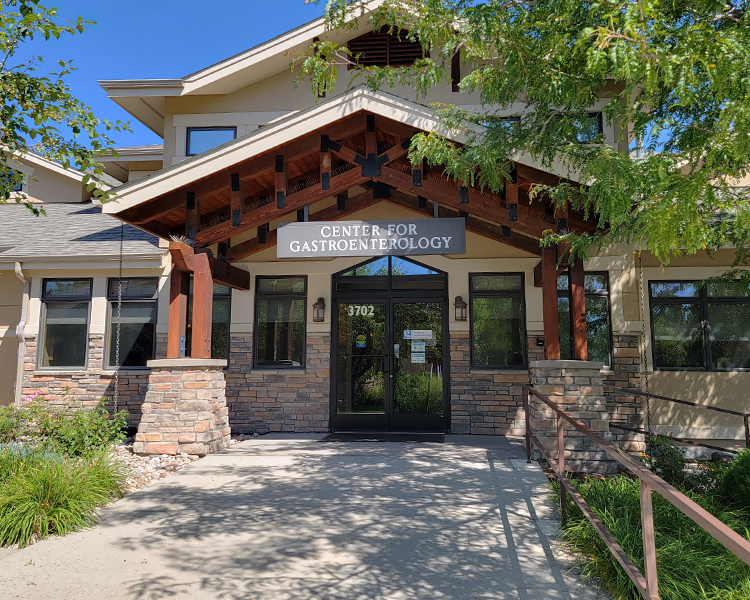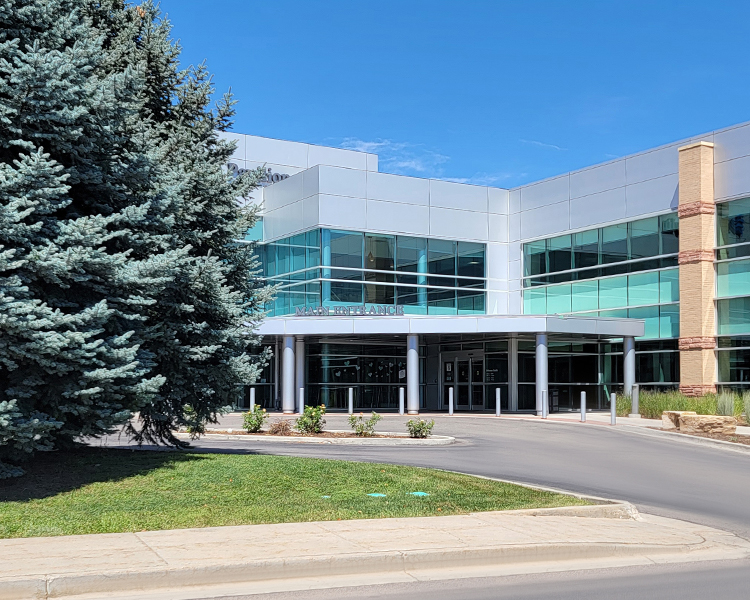Quick Links
The esophagus is an essential part of the digestion process. It carries food and liquid to the stomach, where the material can be broken down and used by the body. Sometimes, however, the problems can arise in the esophagus resulting in discomfort and difficulty swallowing for patients. There are several conditions that can affect the esophagus, including GERD. Centers for Gastroenterology in Northern Colorado is familiar with a wide range of conditions.
What are Symptoms of Esophageal Disorders?
Esophageal disorders encompass a variety of conditions that impact the esophagus. They can produce frustrating and painful symptoms for patients, including:
- Pain in the abdominal area, chest, or back
- Coughing
- Soreness in the throat
- Dysphasia (difficulty with swallowing)
- Heartburn
- Indigestion
- Vomiting
- Unexplained changes in weight
Patients with esophageal disorders often experience constant discomfort. If you are experiencing symptoms related to the esophagus, it is important to schedule an appointment and seek treatment in order to avoid the development of more serious conditions.
Esophageal disorders can vary based on the nature of the condition. Some are caused by tightness of the esophagus, spasming of the esophageal muscles, overproduction of stomach acid, or improper function of the esophageal sphincter.
What is GERD?
GERD, otherwise known as gastrointestinal reflux disease, is a common condition affecting the esophagus. For patients with this condition, stomach acid and/or gastric contents reflux from the stomach back into the esophagus. This is typically related to the relaxation of the lower esophageal sphincter. This can cause inflammation and can be very uncomfortable and, in some cases, extremely painful.

What Are Risk Factors Esophageal Disorders?
There are several factors that can contribute to the development of these disorders, including:
- Consumption of alcohol
- Certain medications, including antidepressants and antibiotics
- Smoking
- Obesity or pregnancy
- Hitial Hernia
3 Benefits of Probiotics
3 Benefits of Probiotics What are probiotics? While you may usually want to steer clear of bacteria, probiotics are a form of live bacteria…
Continue ReadingHow are Esophageal Disorders Diagnosed and Treated?
The first step to treating esophageal disorders is diagnosis. Centers for Gastroenterology is proud to offer various diagnostic procedures, including endoscopies, x-rays, manometries, and pH tests. These tests may be used individually or in combination to determine what disorder is affecting the patient.
In terms of treatment, there are numerous effective and safe options available. To reduce stomach acid, histamine receptor blockers, proton pump inhibitors or antacids may be prescribed. Endoscopic dilation can help widen the esophagus. Botox® injections are an option for patients dealing with spasms or chronically tightened esophageal muscles. POEMS can be used for treatment of achalasia.
Our expert staff is trained to administer every procedure safely and effectively, and we are dedicated to collaborating with you to discuss your unique needs and symptoms.
Contact Us Today to Talk About Esophageal Disorders
If you’re concerned about symptoms you or a loved one may be experiencing, Centers for Gastroenterology in Fort Collins, CO would love to help ease your mind and work with you to develop a plan of treatment. Contact us today to schedule an appointment for a consultation with one of our experienced physicians.








